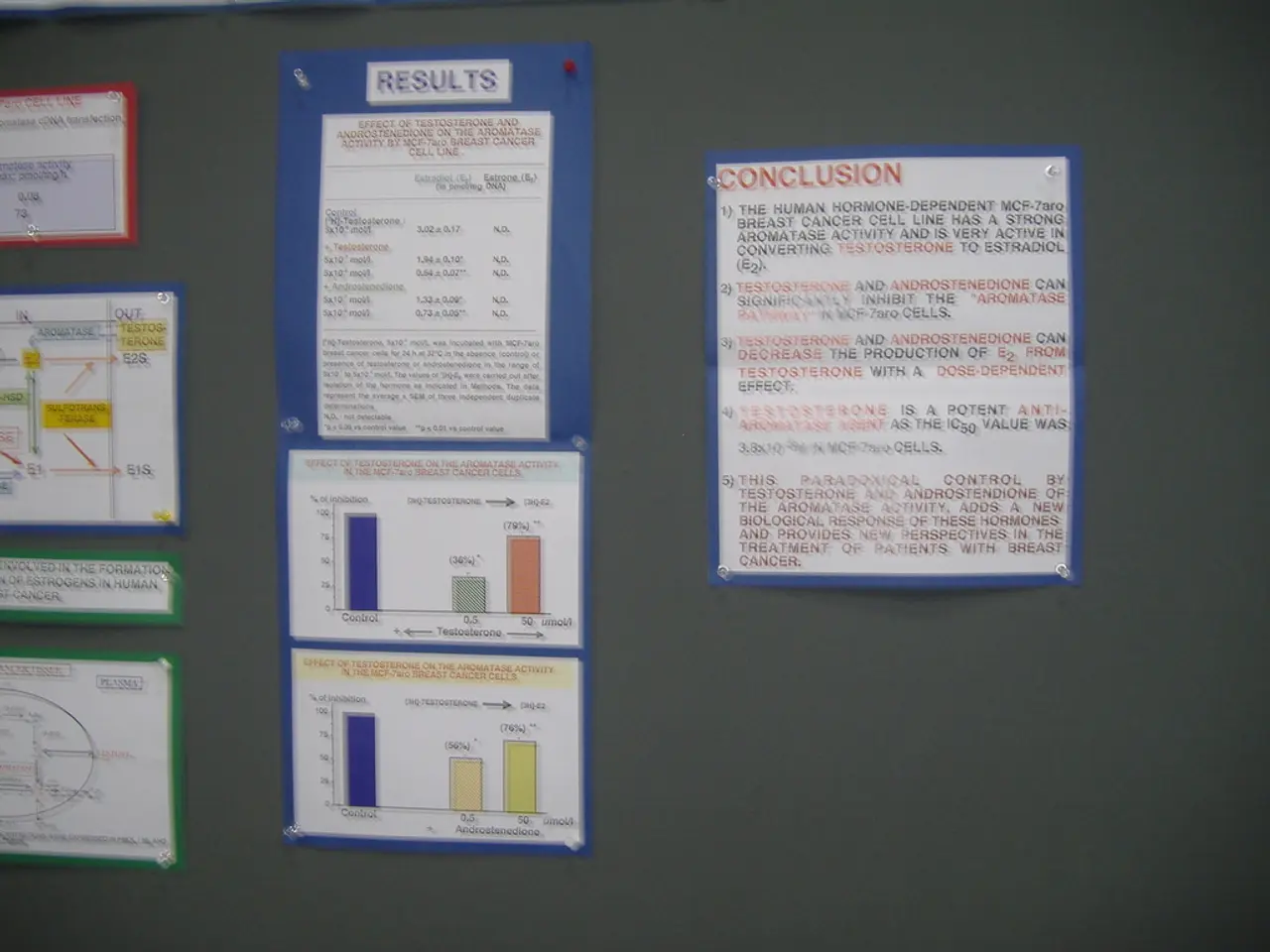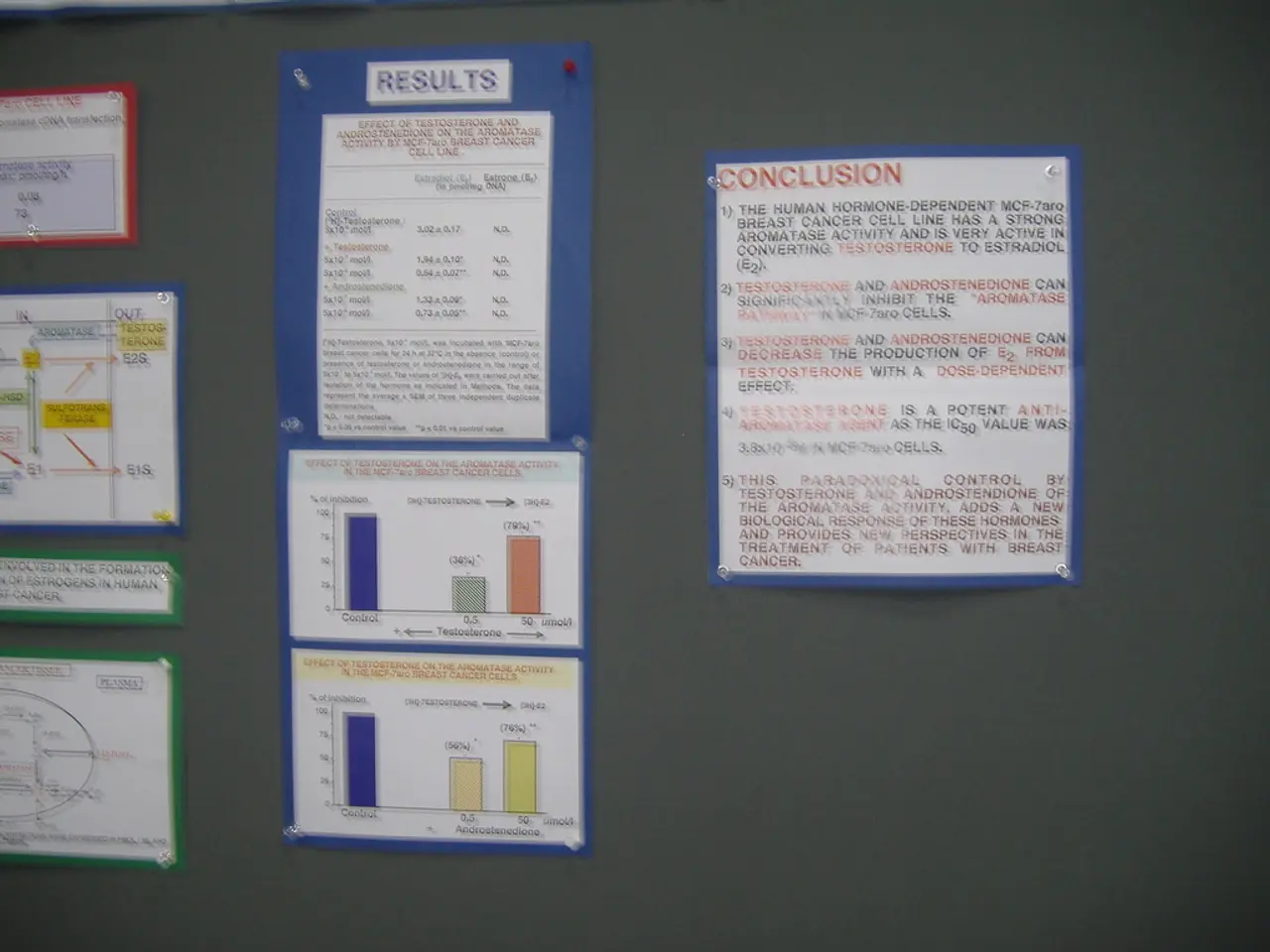Voluntary Guidelines Unveiled by Basel Committee for Banks' Exposure of Climate-Related Hazards
Basel Committee Unveils Voluntary Climate Risk Disclosure Framework
The Basel Committee on Banking Supervision (BCBS) has announced a new framework for disclosing climate-related risks by banks, making it voluntary due to ongoing international regulatory debates and the complexity of uniformly applying mandatory rules across diverse jurisdictions.
The voluntary nature allows jurisdictions flexibility to decide whether and how to implement the framework domestically, reflecting differing regulatory approaches, stages of climate risk integration, and market readiness around the world.
The key reasons for choosing a voluntary framework include international policy divergence, complexity and uncertainty in climate risk quantification, and alignment with broader international initiatives.
Under the new framework, banks are required to disclose how climate risks affect their business models, strategy, and decision-making, as well as methodologies used to determine material physical and transition risks. Qualitative factors about banks' governance, monitoring, management, and overseeing of climate-related financial risks also need to be disclosed.
The framework, initially intended to explore a Pillar 3 disclosure framework for climate-related financial risks, includes reporting on exposures and financed emissions by sector with changes from the initial 2023 proposal.
The BCBS conducted an initial consultation on the proposed framework in 2023, during which it would determine which elements would be mandatory and which subject to national discretion.
The decision to make the framework voluntary has been met with mixed reactions. While some regulators are considering adopting or integrating the BCBS framework into their supervisory approaches voluntarily, advocacy groups have criticized its voluntary nature, describing it as "one step forward, two steps back."
The Trump administration's shift away from climate change focused regulation, including the Fed's withdrawal earlier this year from the Network of Central Banks and Supervisors for Greening the Financial System (NGFS), has reportedly played a role in the BCBS's decision to make the disclosure framework voluntary.
Despite the criticism, the release of the new framework has been welcomed, with Julia Symon, Head of Research and Advocacy at Finance Watch, noting that the final version drops all disclosures related to banks' capital markets and advisory activities. Symon warned that climate change affects banks everywhere, and treating climate risks as optional raises financial stability risks for everyone.
The BCBS's decision to keep the climate risk disclosure framework voluntary reflects pragmatic recognition of international diversity and complexity in climate-related financial risk regulation. While this may limit immediate uniform global progress, it allows flexibility and iterative improvement, which various jurisdictions and supervisors can build upon in their own domestic contexts.
The new climate risk disclosure framework by the Basel Committee on Banking Supervision (BCBS) is voluntary, allowing flexibility for jurisdictions to implement according to their regulatory approaches, climate risk integration stages, and market readiness. In the framework, banks are required to disclose various aspects of their climate-related financial risks, including business models, strategies, decision-making processes, and governance.
The voluntary nature of the framework has received mixed reactions, with some regulators considering its adoption, while advocacy groups criticize it for being voluntary, arguing that this approach could increase financial stability risks for everyone due to the global impact of climate change.




